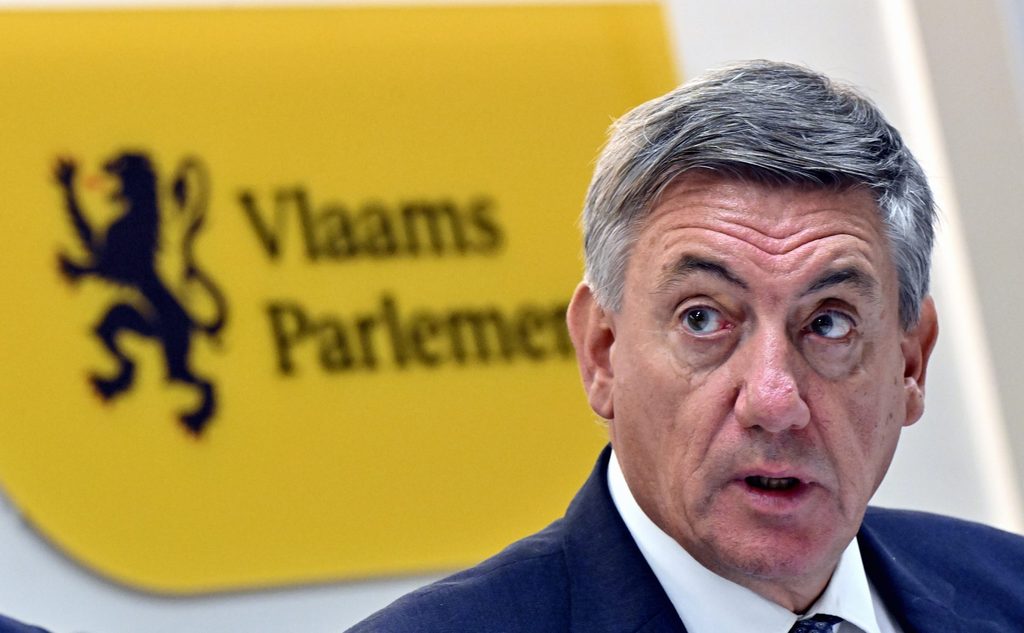The annual 'September declaration' took place in the Flemish parliament on Monday, with Flemish Minister-President Jan Jambon revealing details on the regional government's policy and budget for 2024.
Last year, disagreement between parties on key dossiers postponed Jambon's policy statement for the first time ever. This year's announcement came off without a hitch.
More money for childcare
Most importantly, the Flemish government will invest an extra €270 million per year in childcare. This will provide more money for both collective care and individuals organising childcare in their own homes.
The €270 million serves mainly to fund more staff per child: the government wants to bring down the so-called attendant-to-child ratio. Currently, Flanders has an average of eight or nine babies and toddlers per attendant; this ratio must be lowered – to one supervisor per five children in groups with only babies, one supervisor per eight older children, and one to seven children in mixed age groups.
The government will also introduce "logistics workers" – extra staff to support child carers so that they can focus more on caring for the children.
Up to €5,000 premium for electric car
A new premium system for electric cars will allow any resident, association or provider to receive financial support. Buyers will get a premium for electric cars costing a maximum of €40,000. For new cars, the premium will be €5,000 next year, and €3,000 for second-hand cars.
The premium will be phased out year by year: in 2025 the premium will be worth €4,000 and in 2026 €3,000. For second-hand cars, the premium will drop to €2,500 in 2025 and €2,000 in 2026.
Tacking the teacher shortage
The government will invest €105 million more each year in education. Part of this will go towards tackling the teacher shortage by making it more attractive for people from another sector to switch to teaching.
The government is also investing an extra €15 million a year in teacher training, a move it hopes will produce better teachers, Jambon stressed.
Additionally, extra funds will be allocated for technical and vocational secondary education and higher education, as well as extra money for student facilities, colleges and universities.
Energy bills
The part of people's electricity bill that goes to the Flemish government – such as distribution and transmission costs, which now amount to around €150 a year – will not increase next year.
To structurally reduce energy bills, the government remains committed to renovation grants: the current support for insulation, roof and window works, heat pumps, etc. will be extended for another year.
Normally, the amount would be phased out from January 2024 but that has been postponed by one year.
Savings
To pay for all these measures, the government has to offset investments with savings. The goal is still to have a balanced budget in 2027.
First and foremost, the government will cut the so-called target group discount – a tax cut for companies that hire someone who is struggling in the labour market. This concerns low-skilled young people and older workers, among others. Employers will receive less rebate than they do now.
The budget for family care will increase less than previously announced. Family care provides at-home support for vulnerable people, such as the elderly or people with disabilities.
The government is also extending the kilometre charge for trucks, meaning that it will also apply in port areas and on certain shortcuts, as announced in May.

